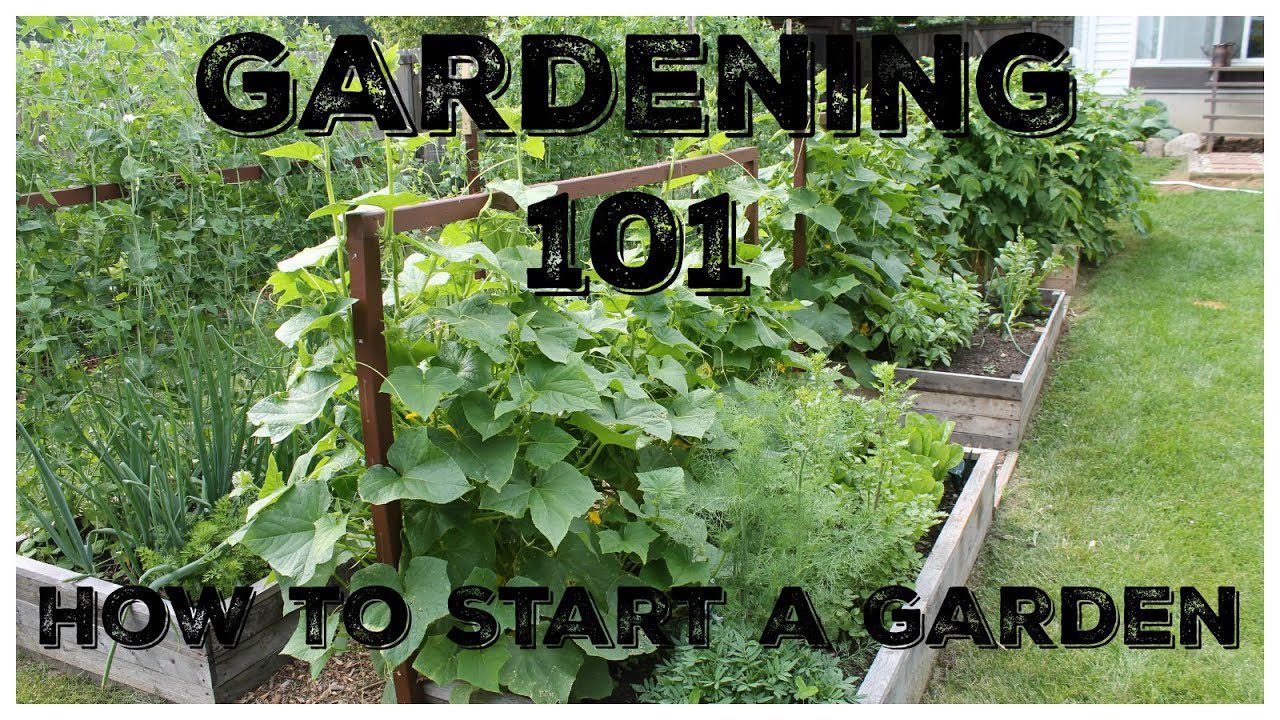Welcome to a world where gardens flourish, flowers bloom, and vegetables thrive in harmony with nature. Are you ready to unleash your inner green thumb and cultivate an organic oasis in your own backyard? Look no further, because we have a treasure trove of tips and tricks to help you achieve blooming success. So grab your gardening gloves and get ready to dig in as we journey together towards a more vibrant, sustainable future.
Table of Contents
- 1. Get Your Hands Dirty: Starting an Organic Garden from Scratch
- 2. Soil Secrets: The Key to Growing Lush, Healthy Plants
- 3. Plant Power: Choosing the Best Organic Seeds and Seedlings
- 4. Weed Warriors: Natural Ways to Keep Your Garden Pest-Free
- 5. Blooming Beauties: Tips for Cultivating Gorgeous, Organic Flowers and Produce
- Q and A

1. Get Your Hands Dirty: Starting an Organic Garden from Scratch
Ready to embrace the joy of gardening and grow your own organic oasis? Here are some simple steps to get started:
Choose the Right Spot: Find a sunny spot in your yard with good drainage to begin your organic garden. Make sure it’s easily accessible for watering and picking your fresh produce.
Prepare the Soil: Dig deep and turn over the soil to loosen it up. Remove any rocks, weeds, or debris that may hinder your plants’ growth. Consider adding compost or organic fertilizer to enrich the soil and provide essential nutrients for your plants.

2. Soil Secrets: The Key to Growing Lush, Healthy Plants
Unlocking the mysteries hidden beneath the surface, soil secrets hold the key to cultivating a vibrant and thriving garden. By nurturing the soil, you can unleash its full potential and watch your plants flourish in abundance.
- Ensure your soil is well-draining to prevent waterlogged roots
- Add organic matter like compost and mulch to enrich the soil with essential nutrients
- Keep a healthy balance of pH levels to promote optimum plant growth
Discover the magic of soil amendments, such as vermicompost and bone meal, to give your plants a boost of vitality. These natural supplements can enhance soil structure and provide the necessary nutrients for robust plant growth.
- Maintain proper aeration by loosening compacted soil
- Monitor moisture levels to prevent drought stress
- Implement crop rotation to prevent nutrient depletion in the soil
Embrace the soil secrets that nature has to offer and witness the transformation of your garden into a lush paradise. With a little TLC and a lot of patience, you can unlock the potential of your soil and create a haven for your beloved plants to thrive and bloom in all their glory.
3. Plant Power: Choosing the Best Organic Seeds and Seedlings
When it comes to starting your organic garden, the first step is choosing the best seeds and seedlings. By opting for organic seeds and seedlings, you are not only ensuring a healthier garden but also supporting sustainable farming practices. Look for varieties that are non-GMO and free from synthetic pesticides and chemicals.
One of the perks of choosing organic seeds and seedlings is the wide array of options available. From heirloom tomatoes to vibrant sunflowers, there is something for every gardener’s taste. Consider planting a mix of vegetables, flowers, and herbs to create a diverse and thriving ecosystem in your garden.
Remember to check the planting recommendations for each seed or seedling to ensure they thrive in your garden’s specific conditions. Proper watering, sunlight, and soil quality are essential for the success of your plants. With a little patience and care, your organic garden will soon be bursting with life and color.
4. Weed Warriors: Natural Ways to Keep Your Garden Pest-Free
Are pesky pests ruining your garden oasis? Fear not, Weed Warriors are here to save the day with natural solutions to keep your plants safe and sound! Say goodbye to harmful chemicals and hello to a thriving garden ecosystem.
One of the most effective ways to deter pests is by planting companion plants that naturally repel them. Marigolds not only add a pop of color to your garden but also deter insects like aphids and mosquitoes. Lavender is not only soothing to the senses but also keeps pests like fleas and moths at bay. Other great companion plants include basil, chives, and mint.
Another great way to keep your garden pest-free is by attracting beneficial insects that predate on harmful pests. Ladybugs are excellent for controlling aphids, whiteflies, and mites. Predatory wasps feed on caterpillars and other destructive insects. By creating a welcoming environment for these helpers, you will have a natural and sustainable solution to pest control in your garden.
5. Blooming Beauties: Tips for Cultivating Gorgeous, Organic Flowers and Produce
Are you ready to create a stunning garden filled with gorgeous flowers and fresh produce? Follow these tips to cultivate your very own blooming beauties that are both organic and beautiful!
First, choose a sunny spot in your garden to plant your flowers and produce. Most flowers and vegetables thrive in full sunlight, so make sure your garden gets at least 6-8 hours of sunlight each day. Remember to water your plants regularly, especially during the hot summer months. Consider investing in a rain barrel to collect rainwater for a more sustainable watering solution!
Next, mix in compost or organic fertilizer into the soil to provide nutrients for your plants. Mulch around your plants to help retain moisture and prevent weeds from taking over. Keep an eye out for pests and diseases, and address any issues quickly to keep your garden healthy and thriving. With a little love and care, your garden will be bursting with color and flavor in no time!
Q and A
Q: What are the benefits of organic gardening?
A: Organic gardening promotes healthier soil, reduces exposure to harmful chemicals, and supports biodiversity.
Q: How can I keep pests away from my organic garden?
A: Try using natural remedies like neem oil, planting pest-repelling plants like marigolds, or introducing beneficial insects like ladybugs.
Q: What are some easy plants to grow in an organic garden?
A: Herbs like basil, mint, and oregano, as well as vegetables like tomatoes, cucumbers, and lettuce, are great choices for beginners.
Q: How can I make my own organic fertilizer?
A: You can create compost from kitchen scraps, yard waste, and other organic materials to nourish your plants naturally.
Q: How can I conserve water in my organic garden?
A: Use mulch to retain moisture, collect rainwater in barrels for irrigation, and water plants early in the morning or late in the evening to reduce evaporation.
Q: What are some common mistakes to avoid in organic gardening?
A: Over-watering, using synthetic pesticides or fertilizers, and planting incompatible species together can harm your organic garden.
Q: How can I attract beneficial insects to my organic garden?
A: Plant flowers like lavender, yarrow, and sunflowers to attract pollinators like bees and butterflies, which can help your garden thrive.
Q: How can I make my organic garden more sustainable?
A: Incorporate companion planting, crop rotation, and cover cropping to maintain soil health, reduce pests, and increase yields in a sustainable way.
So there you have it, fellow garden enthusiasts! With these organic gardening tips, you are well on your way to achieving blooming success in your garden. Remember to nurture your plants with love and care, and always stay connected to the earth beneath your feet. May your garden be a sanctuary of beauty and a haven for all things green. Happy planting!



